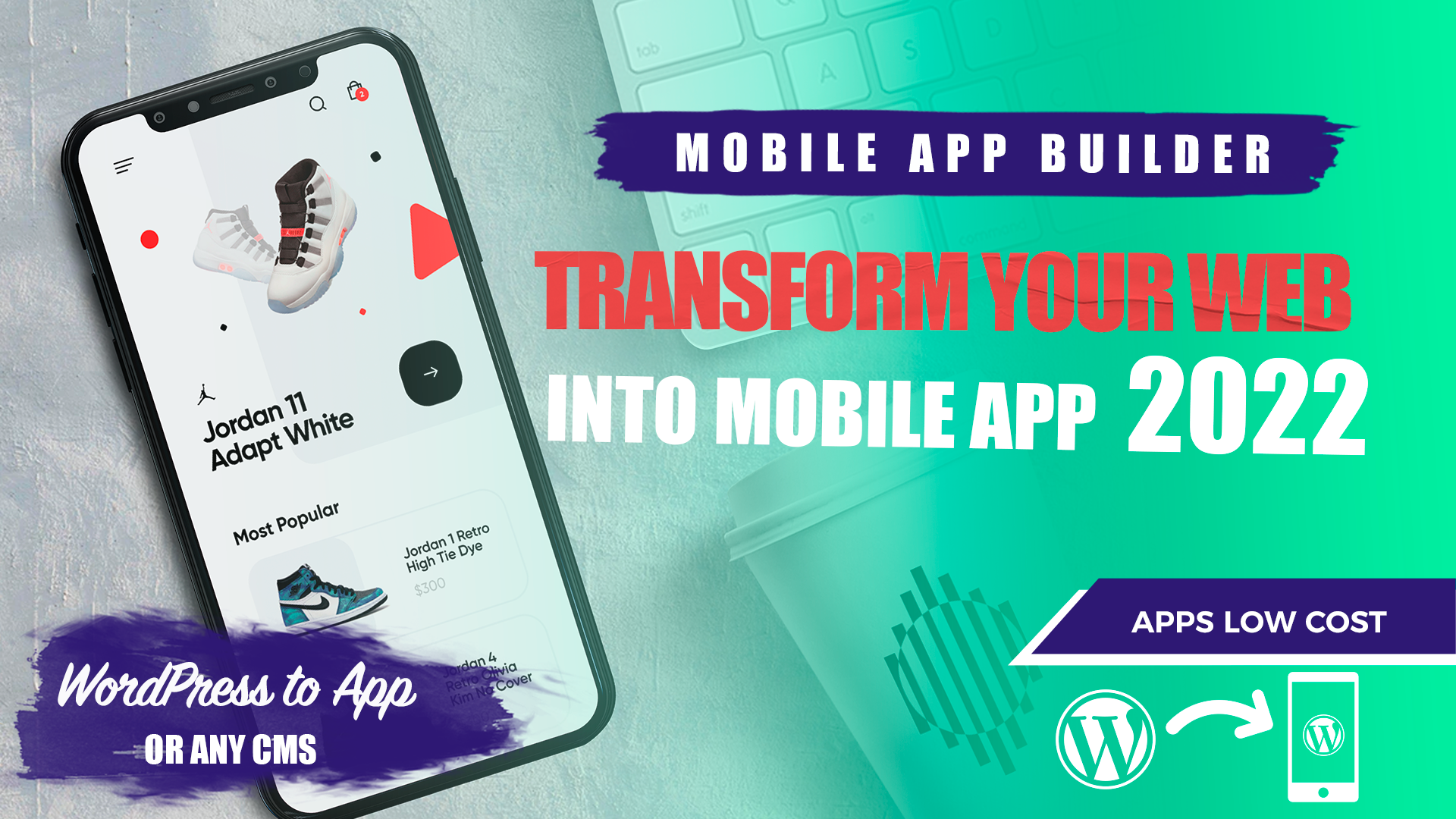The world of technology is advancing by leaps and bounds, and what may have seemed like futuristic madness, such as wearing smart clocks, controlling appliances with our mobile phone or even the appliances themselves include a built-in tablet, come true today.
But as they say, power without control is useless, and for this, developers, put all their effort in developing applications so we can perform our most common tasks or take advantage of all the features of our devices. And once with the idea of the application in the head, they are presented with a dilemma: Native application or hybrid application?
In this article we tell you what each method consists of and what are its advantages and disadvantages.
Hybrid App and Native App What does each one consist of?
If we leave aside the Web Apps, these are the two groups most used in terms of mobile application development, let’s see what they consist of.
Native applications, in principle, are developed using language specific to each platform, for example Java + XML in Android, Objective-C and Swift in iOS or C # and Visual Basic in Windows. This allows us to access the APIs (Application Programming Interface) available and should offer us better performance.
On the other hand we have hybrid applications, which are developed using web technologies such as HTML, JavaScript (not to be confused with Java) and CSS, and which will normally run in the system’s native browser, therefore, although it will depend on the framework used, can not access to many functionalities of the hardware of the device nor to the libraries of the system. In addition to having normally, a worse design and a lower performance.
Which is better: hybrid app or native app?
Seeing the characteristics of each type. It may seem that native applications have more advantages, but the truth is that depending on the type of application that we are going to develop, we may agree to use one method or another, and we can see its advantages and disadvantages if we look at the following aspects.
User interface: Point to native app
Design is one of the most important aspects of applications, because, after all, it is what the user will see when using it. Each platform has its own design guides, for example Material Design on Android. If we want to follow the lines of design that each platform offers, perhaps the best idea would be to create native applications, because we can adapt them to the design thanks to the SDK provided.
Instead, hybrid applications can only fit the design lines of a platform, which is not a bad idea, as long as the app is well designed.
Reuse of the code. Point for the hybrid app
In this case, the hybrid applications are the winners. While with the native ones we must use the specific languages of each platform, with the hybrids we can write the code only once, and execute it on all the operating systems in which we want to launch our app.
This may seem like a very good option, but you have to take into account the technologies that each platform uses, because maybe the language with which we develop our app, might not be compatible with some of the browsers included in the operating systems, having to return to develop the application so that it can be used on all platforms.
Performance: Point for both
No matter how good your device’s processor is and how much RAM you have, if an application is not optimized, it won’t work at all well. Until recently, we could say that native applications seemed to achieve higher performance, this is because they run at a lower level than hybrids, which need to be run through web technologies. This is no more the case, as the technology that makes hybrid apps possible has evolved so far as to match the performance of a native app.
As mentioned earlier, developers creating a native application can access hardware resources and APIs. Hybrid apps too, which translates into maximum similarity in features and performance.
Development cost: Point for hybrid app
Whether we are a company or simply creating applications by hobby, we have to take into account the cost of the application that we are going to develop, not only in money, but in time and in knowledge.
For it is not the same to create a native application for each platform in which we will need to know the different programming languages, to create only one application using web technologies and that can be used in different operating systems at the same time.
In summary, we could say that each method meets the needs depending on the type of application that we want to develop, and to know which is more convenient, we could look at the following factors:
So Hybrid App or Native App, which one do I get?
If you have in mind to grow your application or create a business model around it, it will be better to look at the details and make every effort to get it out. Do you need access to special hardware features like GPS, NFC, sensors and so on? Do you need your app to achieve maximum performance or is it a simple application?
Obviously there are many more factors to look at when developing an application, these are some of the most basic in which you should stop to choose one method or another.



















